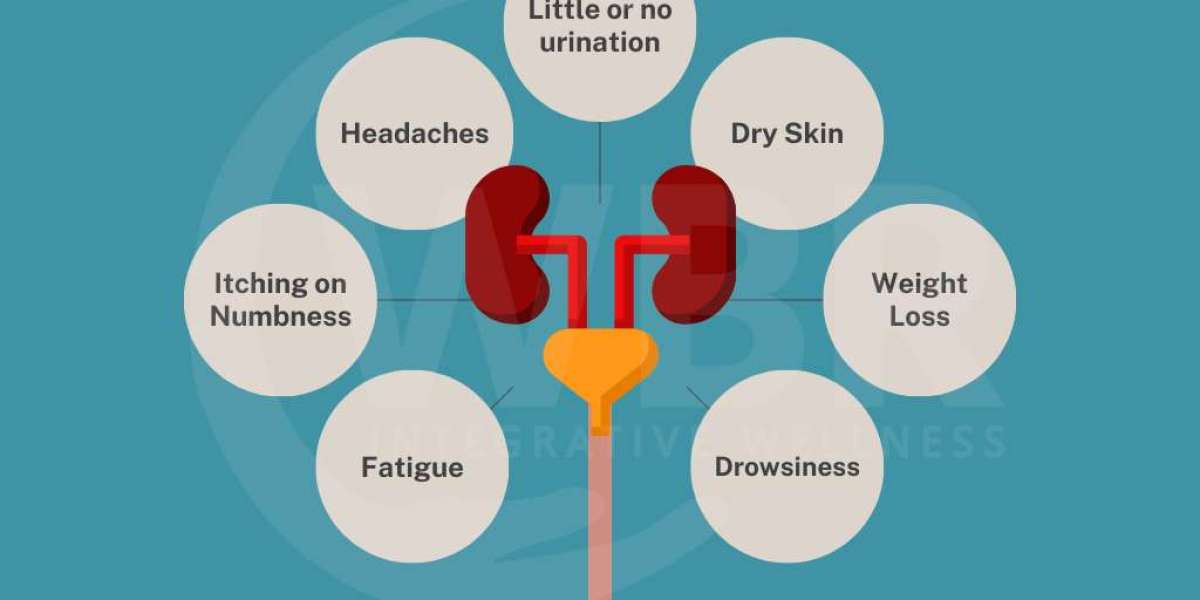Kidney health plays a crucial role in overall well-being. When conditions like IgA Nephropathy or Nephrotic Syndrome arise, they can disrupt the normal functioning of the kidneys. Understanding treatment options and underlying causes helps patients and caregivers make informed decisions. NephCure Inc. is committed to providing support, research, and resources for people managing these conditions.
What Is IgA Nephropathy?
IgA Nephropathy, also called Berger’s disease, is a kidney condition caused by the buildup of immunoglobulin A (IgA) in the kidneys. This buildup damages the glomeruli, the tiny filters in your kidneys responsible for removing waste from the blood.
Symptoms of IgA Nephropathy:
Blood in Urine: This is often the first noticeable sign, which can appear reddish or tea-colored.
Protein in Urine: Excessive protein may cause foamy urine.
Swelling: Especially in the hands, feet, or face due to fluid retention.
High Blood Pressure: A result of kidney damage.
IgA Nephropathy progresses at different rates in individuals. Some may experience only mild symptoms, while others develop serious complications.
IgA Nephropathy Treatment
There is no specific cure for IgA Nephropathy, but IgA Nephropathy treatment focuses on slowing the disease progression and managing symptoms.
Common Treatment Options:
Medications
ACE Inhibitors or ARBs: These help control high blood pressure and reduce protein leakage in urine.
Immunosuppressants: In certain cases, these medications reduce kidney inflammation.
Corticosteroids: Used to manage severe cases by reducing immune response and inflammation.
Lifestyle Changes
Low-Sodium Diet: Reduces blood pressure and swelling.
Protein Management: Too much protein can worsen kidney strain. A healthcare provider might recommend dietary adjustments.
Exercise and Weight Management help lower blood pressure and support overall health.
Monitoring and Support
Regular checkups to monitor kidney function and assess disease progression.
Kidney Transplant or Dialysis
For advanced stages, options like dialysis or a kidney transplant may become necessary.
Early diagnosis and treatment are critical in managing this condition effectively.
What Is Nephrotic Syndrome?
Nephrotic Syndrome is not a disease itself but a group of symptoms caused by kidney damage. It is often associated with conditions like IgA Nephropathy.
Symptoms of Nephrotic Syndrome:
Severe Swelling (Edema): Most noticeable around the eyes, ankles, and feet.
Foamy Urine: Caused by excess protein in urine (proteinuria).
High Cholesterol Levels result from changes in how the body processes fats.
Fatigue and Weakness: Linked to protein loss and fluid imbalance.
Nephrotic Syndrome Causes
Several conditions can damage the kidneys and lead to Nephrotic Syndrome Causes.
Common Causes Include:
Minimal Change Disease: This is the most common cause in children, leading to nephrotic symptoms without visible kidney damage under a microscope.
IgA Nephropathy: Immune system-related damage to the glomeruli.
Focal Segmental Glomerulosclerosis (FSGS): Scarring in the kidneys that affects filtration.
Diabetes and Lupus: Chronic conditions that damage kidney function over time.
Infections and Medications: Certain infections or long-term use of medications like NSAIDs can trigger Nephrotic symptoms.
Managing Nephrotic Syndrome
Treating Nephrotic Syndrome focuses on managing the underlying cause and relieving symptoms.
Treatment Options Include:
Medications
Diuretics Help reduce swelling by removing excess fluid.
Steroids: Often prescribed to reduce inflammation.
Cholesterol-Lowering Drugs: Used to manage high cholesterol levels.
Blood Pressure Medications: Protect kidney function and control hypertension.
Dietary Adjustments
Reduce Salt Intake: This helps manage swelling.
Adequate Protein: A balanced approach to avoid further kidney strain while addressing protein loss.
Monitoring Health
Routine urine and blood tests to assess kidney function and adjust treatment as needed.
Managing Nephrotic Syndrome often requires long-term monitoring and a partnership with healthcare providers.
Living with IgA Nephropathy and Nephrotic Syndrome
While these conditions can be challenging, proactive management improves quality of life.
Tips for Daily Management:
Stick to Your Treatment Plan: Take prescribed medications and follow dietary advice.
Stay Active: Regular exercise supports overall health, but consult your doctor about appropriate activities.
Monitor Symptoms: Keep track of swelling, urine changes, and weight fluctuations.
Stay Informed: Learn about your condition and ask your doctor questions.
Support from organizations like NephCure Inc. can make a big difference.
How NephCure, Inc. Helps
NephCure Inc. is dedicated to supporting patients with kidney conditions, including IgA Nephropathy Treatment and managing Nephrotic Syndrome Causes.
Their Mission Includes:
Patient Support: Connecting individuals with resources and communities for shared experiences.
Education: Providing accurate, accessible information about kidney conditions and treatments.
Research: Fund studies to improve treatment options and discover potential cures.
NephCure Inc. empowers patients and caregivers with the tools and knowledge they need.
Conclusion
Understanding IgA Nephropathy Treatment and Nephrotic Syndrome Causes helps individuals take control of their kidney health. By working closely with healthcare providers and accessing support from organizations like NephCure Inc., patients can effectively manage these conditions.
If you or a loved one is affected, reach out to NephCure Inc. for guidance, resources, and a supportive community. Together, we can improve lives and advance kidney care.



